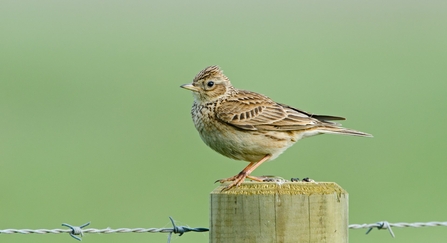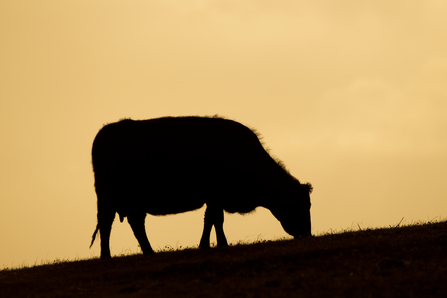Headlines
- Future environmental land management (ELM) scheme retains its focus on delivering public goods – but farmers should be paid fully for the costs of management and for going over and above best practice measures.
- ELM will be key to delivering a Nature Recovery Network and must be connected with other Defra policy and legislation including the Environment Bill and its provision for Local Nature Recovery Strategies.
- The Agriculture Bill needs to safeguard against lowering of standards through trade deals and guarantee that a new system of regulation will maintain and improve farming and environmental standards.
Our work on and with farms
We look after a lot of land across our 46 Wildlife Trusts in the UK. In the main, on our 2,300 nature reserves which, I’m reliably told, are more numerous than McDonald's restaurants. With the help of an army of dedicated volunteers, staff work to restore and expand habitats which support some of our most threatened species.
We also have 31 working farms, mostly livestock, some mixed and one arable - the flagship Lower Smite Farm in Worcestershire. Besides our direct land management work, we provide a lot of advice to farmers on how to work with nature in their farming methods – through initiatives such as Severn Trent Water’s STEPS programme and helping farmers understand how to look after Local Wildlife Sites, two thirds of which are in private ownership.




